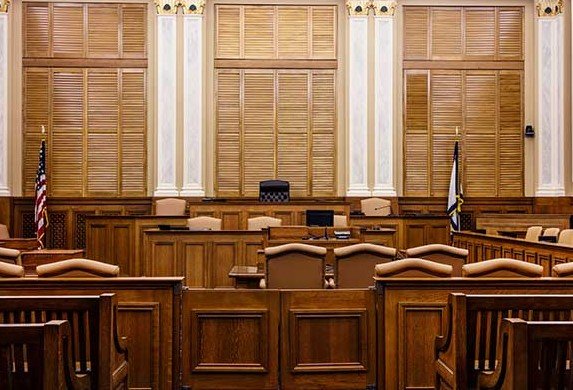The Tbilisi Court of Appeal has made waves in Georgia’s political landscape by annulling a prior ruling from the Gori district court that allowed for the recounting of invalid ballots in 15 precincts. This significant decision has sparked discussions about election integrity and the role of monitoring organizations in the democratic process.
The Court of Appeal dismissed all three appeals from the monitoring group “Fair Elections,” which had sought to uphold the Gori court’s decision made on November 4. That ruling had previously favored the International Society for Fair Elections and Democracy (ISFED), which argued for a recount based on the presence of potentially invalid ballots. The appellate court’s refusal to satisfy these appeals signals a pivotal moment in the ongoing scrutiny of the electoral process.
The complexities surrounding this case illustrate the delicate balance between ensuring fair elections and upholding judicial decisions. The dismissal raises questions about the effectiveness of electoral oversight bodies in Georgia and their ability to influence outcomes. For “Fair Elections,” this is not just a setback; it’s a moment of reckoning as they reassess their strategies moving forward.
Meanwhile, the Tbilisi Court of Appeal is still reviewing other complaints filed by monitoring coalitions, notably “My Voice” and the Association of Young Lawyers of Georgia (GYLA). These groups had previously submitted cases to the Kutaisi Court of Appeal, which are now awaiting outcomes. The results of these appeals could further shape the narrative around the recent elections and the credibility of the electoral process in Georgia.

The Implications of the Court’s Ruling
This recent ruling is likely to have wide-ranging implications for electoral transparency in Georgia. As public confidence in the electoral process hangs in the balance, many are left wondering what this means for future elections and the integrity of the democratic system.
- Public Trust: Without a clear mechanism for recounts, citizens may grow skeptical of the electoral process.
- Role of Monitoring Organizations: The dismissal of “Fair Elections'” appeals may hinder other organizations from feeling empowered to advocate for transparency.
- Future Legal Battles: This ruling sets the stage for ongoing legal challenges that could arise as various stakeholders seek to ensure their voices are heard.
In a political environment where every vote counts, the stakes couldn’t be higher. The Court of Appeal’s decision not only impacts the specific cases at hand but also sets a precedent for how future electoral disputes will be handled.
The Ongoing Electoral Debate
The broader conversation about election integrity continues to unfold in Georgia. As monitoring groups like ISFED and GYLA pursue their cases, they underscore a vital component of democracy: accountability. The public’s desire for transparent processes is at the forefront of discussions, prompting questions about how best to safeguard electoral integrity in an evolving political landscape.
The recent court decisions highlight the complexities involved in ensuring free and fair elections. As these legal proceedings advance, they will likely shape the future of electoral reforms in Georgia.
The implications of the Court of Appeal’s ruling resonate beyond the immediate circumstances. Observers are closely monitoring how these decisions affect public sentiment and future electoral participation.
As the dust settles, citizens and organizations alike will be watching closely to see how the judicial system responds to demands for greater electoral transparency and fairness. The dialogue surrounding these issues is crucial as Georgia navigates its path forward in a landscape marked by heightened scrutiny and demand for accountability.
